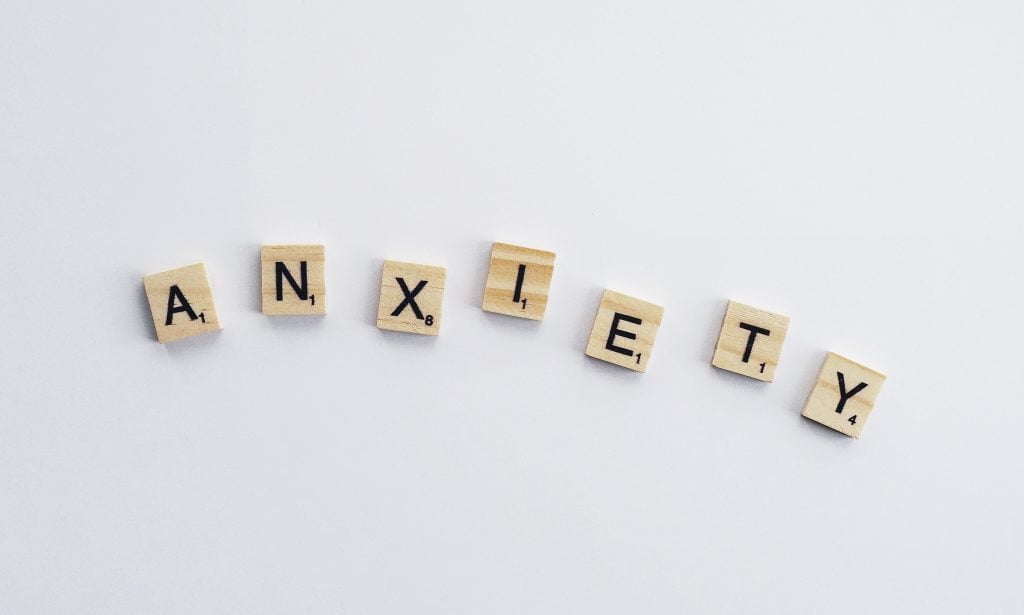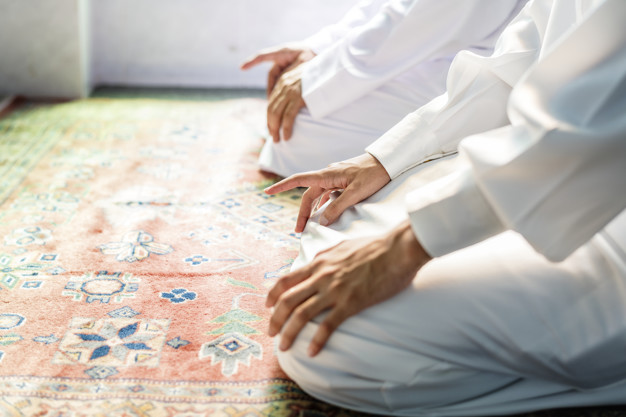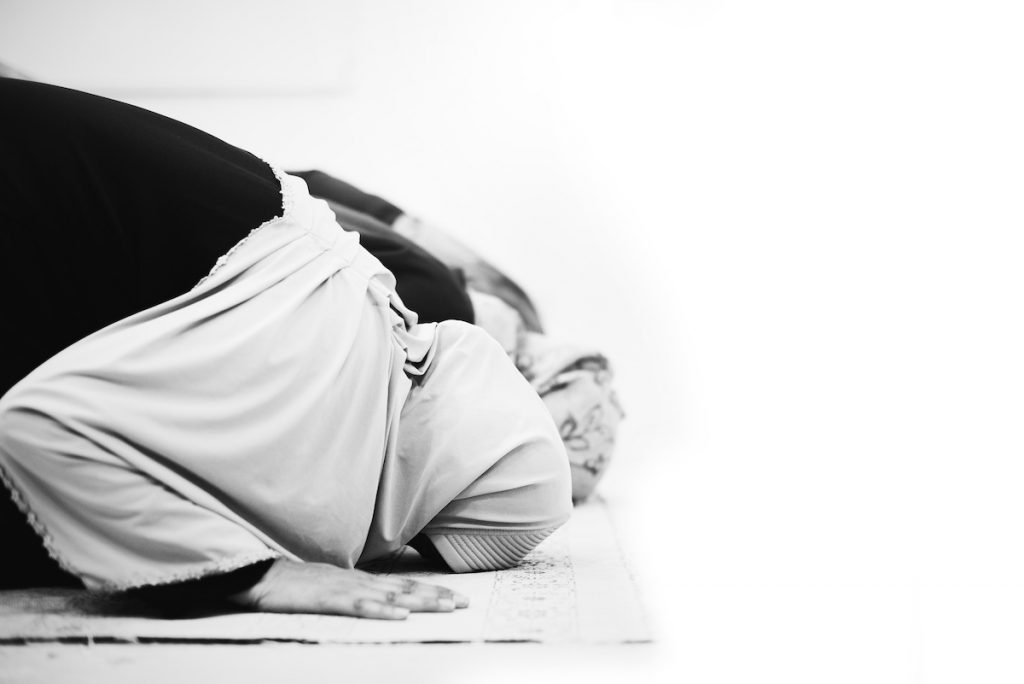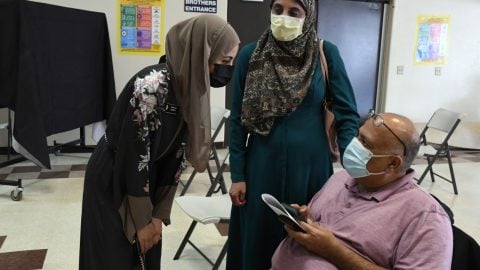This post is a continuation of my two-part series on mental health during Covid, from last week. You can read it as a stand-alone piece, or refer back to the first post for greater depth.
In order to boost mental health during Covid and address burnout, experts are recommending:
– psychotherapy
– regular exercise
– breathing and meditation practices
– improving diet and adding supplements
– sticking to routines
– cutting back on news and screen time
– connecting with loved ones
– picking up new hobbies
– finding purpose in new things
I highly recommend all of these. However, I find that many individuals are using these techniques, but burning out nonetheless. And many individuals who try them are unable to continue with them.
I think this is because we view Covid-19 as a massive problem and we view these strategies as coping mechanisms rather than actual solutions. At the back of our minds, there’s still a massive, seemingly unending problem that we can’t address, so the worry and anxiety persists despite the actions we take to ease our stress.

We’re still hugely stressed about questions like:
- When will it end? What will it change in my life?
- How long will these restrictions and adjustments last?
- Will I get the virus, or lose loved ones to it?
- Will I lose my job or savings?

A True Solution for Better Mental Health During Covid-19
The solution may lie in occupying our minds and hearts with a different set of questions altogether, questions that put us on a different track altogether, a spiritual track.
These are substantive fears and worries and are not to be dismissed. At the same time, they point to an opportunity for real healing. If the problem is that we’re continuously worried about the above major questions that provoke anxieties, the solution may lie in occupying our minds and hearts with a different set of questions altogether, questions that put us on a different track altogether, a spiritual track.
Here are some questions that may do that:
- What realities of life does the threat of Covid shed light on?
- Am I clinging to attachments, or embracing the test that God has given me?
- Does my heart contain arrogance?
- Is my love for others genuine?
- Do I have hope in God?

Realigning Our Focus for Better Mental Health During Covid
By exploring these questions with open minds and hearts, it may be possible to reframe the entire experience of this pandemic, or parts of it, to awaken our consciousness and reorient our approach to life and death entirely.
In the following section, I’ll reflect on two of these, just a bit:
1. What realities of life does Covid-19 shed light on?
Covid-19 reminds me that life is unpredictable. Before this, I thought that I could control my present and future circumstances for the most part. Covid-19 reminded me that one tiny thing — and in fact, a multitude of small and large things — can take that control away from me at any moment.
Leaning into this:
If you can relate, we can lean into these realities by adopting a greater focus on what we may have previously taken for granted, and becoming deeply grateful for the things we have at present.
Two strategies to deal with that are:
- Each morning when you wake up, list 5-10 small and large things that you’re grateful for. As you go through your day, find ways to show gratitude for those things, directly or indirectly. Do this regularly for 10-15 days. It will help you to enjoy what you currently have or do, replace negative or worried thoughts with positive ones, and reduce your focus on control over future circumstances.

- Try scaling back on what you’d normally buy, where possible. Excessive consumption is a way in which we indirectly seek control over circumstances. Scaling back teaches us to relinquish control, but in a relatively gentle way.
2. Am I clinging to attachments, or embracing the test that God has given me?
When I listen to my inner dialogue and its complaints, they’re about the things I want and people I miss. I want this time to be over so that I can have that again and see those people again. Then I remember that everything in life, small and large, is here to challenge me. Rather than leaning into this challenge, my tendency is to avoid it, and instead cling to what I held onto before.
Waking up:
If you can relate, we can become more conscious by investigating our narratives about the meaning of life. We may say we believe that life is here to challenge us and awaken us, but if we look at our actions, they may reflect a creeping belief that life is about acquisition and status, comfort and the maintenance of ease in our lifestyles.
Four strategies that may help us to awaken from that state are:
- Notice what you’re missing or wanting the most, and perhaps write it down. Ask yourself, what has it come to mean to you? Does it fill a void of any kind? Does it detract from your spiritual growth? If you think it has, ask yourself, how can you revive your spiritual growth and, if necessary, re-prioritize what you miss or want.
- Create space in your life for contemplation and spiritual growth. Many of us say we want to do this, but we don’t create space for it in our lives. If there’s no space, there’s no place for it.

- Connect with people whose presence helps you to generate spiritual energy, including the desire to be more content and whole. I believe that we require like-minded people to stay on a spiritual path; most of us can’t do it alone.
- Revise the character traits that you want to develop or improve on. For example, one might want to develop patience. Read and learn more about how to develop the traits that you want, then consciously spend time and effort working on them. Developing character traits is a part of the spiritual track.
These are powerful strategies that can actually replace worries and fears about what we’re missing or wanting, with positive, healing thoughts and actions.
Are you Committed to a Spiritual Life?
This was just a bit of reflection. I highly recommend that you sit with yourself for a couple of hours and contemplate the questions listed. Doing that reflects a real commitment to a spiritual track. Furthermore, engage your partners and families in the strategies mentioned. This helps you to develop momentum for the strategies and gives your loved ones a chance to awaken their consciousness and reorient their approach to life also.

During Ramadan, Imams and other leaders showed us how we could grow spiritually through Covid-19. Have we continued on that track? Why do we (myself included) fall off the spiritual track so quickly? Maybe Covid-19 is a reality check that came to put us on a better path and refocus our lives to notice the important things we may take for granted. Indeed, no other solution can work to end the burnout that we’re all facing but to get back on the spiritual track.
Imagine that the hearts and minds and hearts of Canadians were filled with these questions. Would we be burning out, or generating spiritual energy for this long Coronavirus road?
For more insights about mental health from Asma Maryam Ali, you can read about her practice at Concentric Care and her mental health resources at Therapy Aids.






